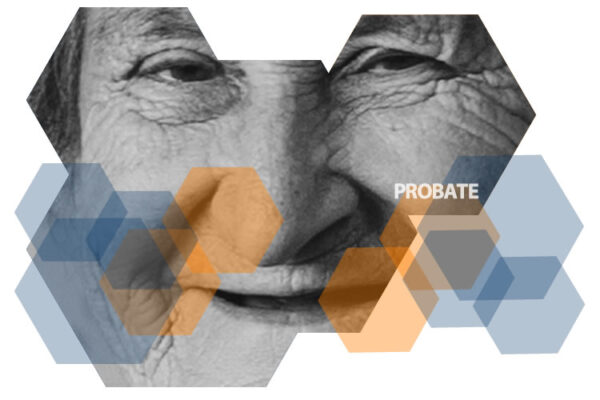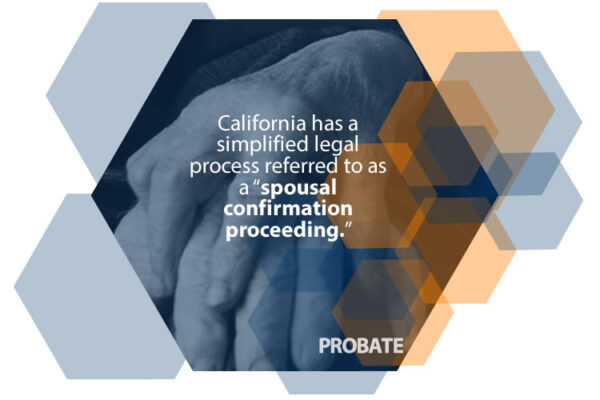PROBATE
IN STATE OF CALIFORNIA

Assets Not Subject to Probate Process
As mentioned, not everything is subject to probate. Even though there may be a probate for a portion of assets owned, the following assets are not subject to the probate process:
- Assets held in joint tenancy with another person or persons.
- Assets held in a living trust.
- Assets such as life insurance and IRA benefits, where a beneficiary is named.
- Assets in a bank or savings and loan account in the deceased person’s name as “trustee” for someone else.
Assets which can be registered in a person’s name and which are “payable on death” (P.O.D.) or “transfer on death” (T.O.D.) to someone.
- Assets passing to the surviving spouse. If the deceased person owned assets in his or her name alone but these assets are left by will or pass by intestate succession to the surviving spouse, no probate is necessary.
For example, John Doe has $200,000 of separate property stock in his name alone. He has a will, which leaves everything to his wife. His wife can go through this spousal confirmation proceedings. The advantage is that there is no fixed fee as there is for probate, and the process takes approximately 60-90 days instead of 9-12 months.




